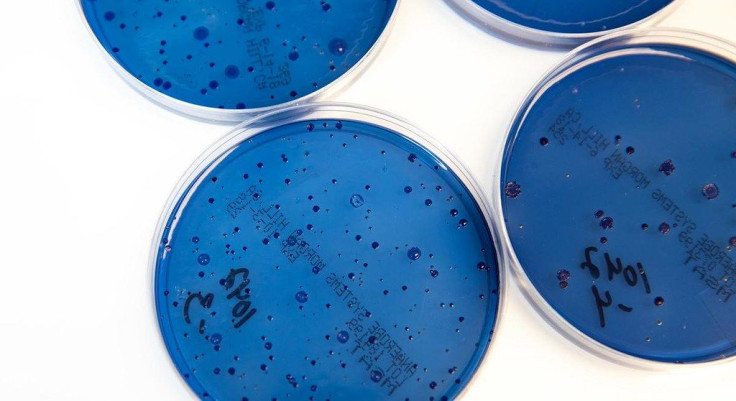Fecal Transplant May Be Linked To Patient’s Death, FDA Warns

After fecal transplants, two patients contracted severe infections with one of them dying. As a result, agencies have halted a number of clinical trials that depend on fecal transplants.
The U.S. Food and Drug Administration issued a warning following the death of a patient who received a fecal transplant containing drug-resistant bacteria. https://t.co/92EQvBylcC
— USA TODAY (@USATODAY) June 14, 2019
The fecal transplants in question contained drug-resistant bacteria that unfortunately caused the death of one of the patients. This resulted in the Food and Drug Administration halting a number of clinical trials until researchers can prove that they have procedures in place to screen donated stools for dangerous bacteria, stated Dr. Peter Marks, the director for the agency’s Center for Biologics Evaluation and Research. In an interview, the director did not specify exactly how many trials would be suspended, but stated that it was “not just a few.”
Fecal transplants have been on the rise as a way to treat severe intestinal disorders, specifically an infection caused by bacterium called Clostridium difficile, which can be deadly and tend to occur in confined patients who have been heavily treated with antibiotics. The idea behind fecal transplant is to use stool from a donor who is healthy to help restore the normal balance of good gut bacteria and other organisms in the intestine.
In some cases, fecal transplants worked quickly and saved the lives of patients who had been wasting away with uncontrollable diarrhea. The procedure, however, has not been approved by the FDA and is considered to be highly experimental.
In the newly reported case of two patients receiving fecal transplants with drug-resistant bacteria, both of the patients’ immune systems had already been compromised at the time of the procedure, the FDA stated. Both of the transplants had come from the same donor’s fecal matter. Other samples from the same donor were screened after the patients got sick and all samples were found to be harboring the same dangerous germs contracted by the patients, known as multi-drug-resistant organisms.
The stool was found to have E. coli bacteria that produced an enzyme called extended-spectrum beta-lactamase, making it resistant to multiple antibiotics. Unfortunately, the stool had not been tested for germs before being administered to the patients.
Last Thursday, the FDA issued a warning to researchers, requiring them to screen stool from donors especially when they’re being used for fecal transplants. They also warned patients that the procedure can be risky and reminded them that it has not been approved by the agency yet. Patients are to consider fecal transplants a last resort.
© Copyright IBTimes 2024. All rights reserved.





















